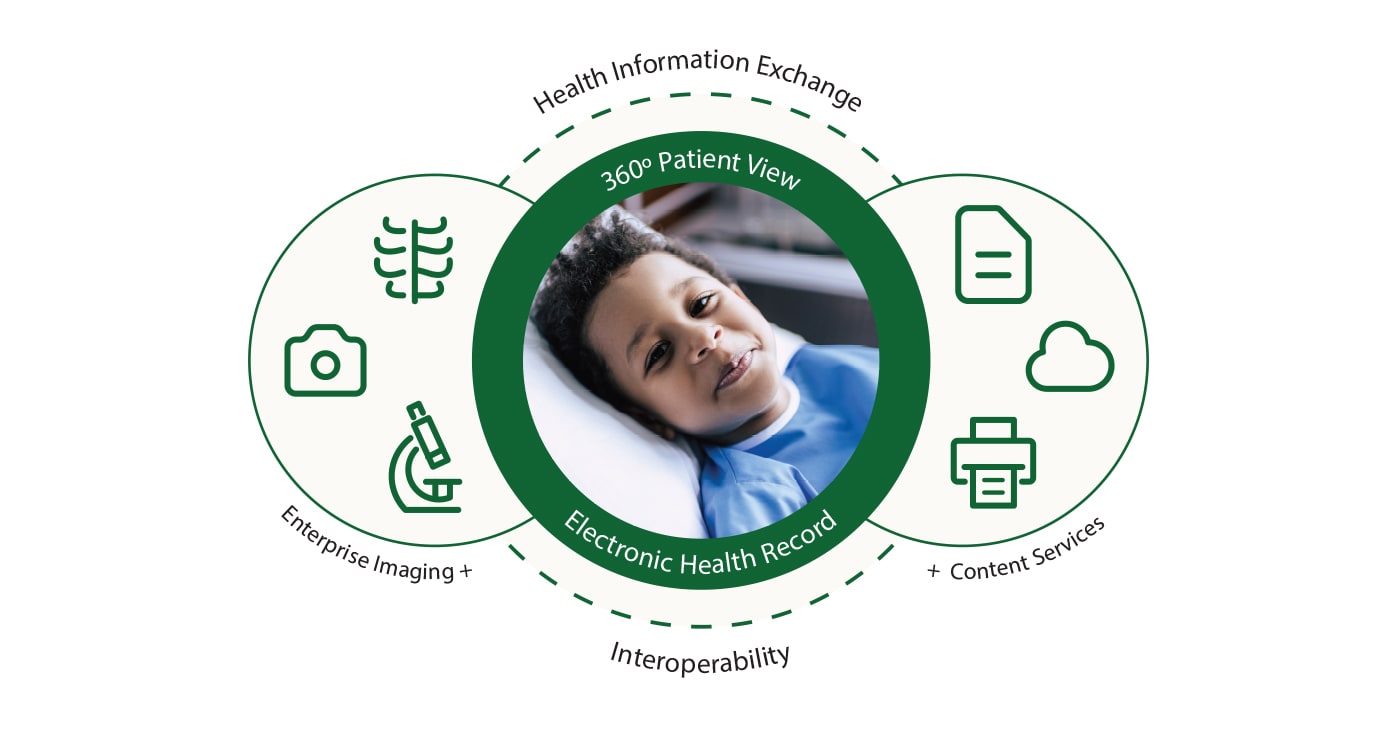Recognizing the Duty of Healthcare RCM in Enhancing Monetary Efficiency and Individual Contentment
Navigating the complexities of Healthcare Revenue Cycle Management (RCM) is vital for achieving ideal economic performance while concurrently boosting person fulfillment. RCM's capacity to simplify billing, ensure precise coding, and accelerate claims processing stands as a cornerstone of modern-day health care procedures. Nonetheless, the nuanced interaction between these elements warrants a more detailed assessment to completely value their effect on both medical care carriers and individuals. As we check out the transformative potential of RCM, concerns regarding its strategic application and future improvements bid, encouraging understandings that can redefine industry criteria and patient experiences alike.

Key Parts of RCM
In the facility landscape of health care, Profits Cycle Monitoring (RCM) is critical in making sure financial stability and operational effectiveness. A comprehensive RCM system includes numerous important components, each playing an essential role in the smooth management of a healthcare provider's economic procedures. Person registration and eligibility verification are fundamental steps, guaranteeing that exact person info is caught and insurance protection is validated before services are provided. This minimizes the risk of claim rejections and accelerates the compensation process.

Charge capture is an additional important component, involving the precise recording of services supplied to people. It guarantees that all billable solutions are made up, thereby making the most of profits potential. Concurrently, clinical coding translates patient experiences into standard codes, which are important for billing and regulative conformity.
Insurance claims submission and monitoring comply with, including the preparation and entry of cases to payers. This process calls for careful focus to detail to reduce mistakes and protect against delays. Denial administration is an aggressive approach to solve and address denied cases, protecting earnings streams.
Finally, payment posting and patient collections complete the cycle, making certain repayments are accurately recorded and exceptional balances are pursued. With each other, these components create a robust structure that sustains the financial and functional wellness of health care organizations.
Effect on Financial Performance
Effective Profits Cycle Monitoring (RCM) considerably influences a medical care company's economic efficiency by optimizing cash circulation and minimizing profits leakage. RCM incorporates the extensive invoicing and collection processes that make certain doctor efficiently manage their economic transactions from individual registration to final payment. By simplifying these procedures, organizations can lessen rejected insurance claims, accelerate settlement cycles, and enhance general economic health.
Monetary efficiency is improved through precise monitoring of payment procedures, which entails accurate coding and prompt submission of insurance claims. This reduces the likelihood of claim denials and beings rejected, which can dramatically prevent earnings flow if not addressed immediately. In addition, incorporating sophisticated technology remedies assists in real-time tracking of cases and financial metrics, supplying health care administrators with the tools necessary to make enlightened strategic choices.

Enhancing Client Contentment
While enhancing monetary performance is continue reading this a key objective of Revenue Cycle Administration (RCM), it likewise plays a pivotal duty in enhancing person satisfaction. By decreasing administrative worries, RCM enables medical care carriers to focus extra on individual care, which directly improves person contentment.

RCM likewise enhances individual fulfillment with efficient communication. By preserving a thorough data source of person information, RCM promotes enhanced interaction in between individuals and doctor, making sure people feel informed and valued. This transparency and ease of access foster a favorable client experience. Overall, reliable RCM implementation not only boosts monetary end results but likewise considerably contributes to a patient-centered healthcare environment.
Methods for Efficient RCM
Achieving efficient Revenue Cycle Monitoring (RCM) needs healthcare companies to apply a collection of critical techniques that ensure monetary security and functional efficiency. One important method is the adoption of technology-driven services, such as incorporated software program platforms that enhance payment processes, minimize errors, and enhance information precision. These systems make it possible for real-time monitoring of financial metrics, enabling for prompt identification and rectification of inefficiencies.
Another method is the standardization of procedures across the profits cycle. Healthcare RCM. This entails establishing regular plans for client registration, insurance coverage verification, and claims processing. By guaranteeing that all personnel comply with these requirements, organizations can lessen disparities and accelerate settlement collections
Team training and development also play an essential role in efficient RCM. Trained workers can efficiently browse complex invoicing procedures and laws, boosting and lowering denials capital. Normal updates on plan adjustments and ideal practices help preserve a experienced and skilled labor force.
Future Trends in RCM
As health care organizations enhance their Earnings Cycle Monitoring (RCM) approaches with technology and standardized procedures, focus is currently transforming in the direction of the future patterns shaping this crucial area. One considerable trend is the combination try this site of man-made intelligence (AI) and maker understanding to automate intricate jobs, such as claims refining and anticipating analytics. These modern technologies are expected to minimize errors, accelerate transaction visit this site times, and supply data-driven understandings for far better decision-making.
Furthermore, the shift towards value-based care remains to affect RCM techniques - Healthcare RCM. Doctor are anticipated to increasingly concentrate on client outcomes and complete satisfaction, requiring RCM systems that can fit new reimbursement models. This shift will certainly need even more comprehensive information collection and evaluation to successfully gauge and report on performance metrics
Interoperability is one more emerging concern, as smooth data exchange in between inconsonant systems comes to be vital. Enhanced interoperability will certainly help with even more accurate client information sharing, decreasing administrative burdens and improving the patient experience.
Verdict
Healthcare Earnings Cycle Management (RCM) significantly affects both economic efficiency and individual fulfillment by optimizing billing procedures, making sure specific coding, and enabling prompt claims entry. Effective RCM minimizes revenue leak and accelerates cash circulation, minimizing case denials and accelerating payments. This efficiency cultivates trust fund and contentment among patients. RCM systems likewise facilitate much better interaction and adaptable repayment options, developing a patient-centered experience. Future RCM patterns will likely concentrate on more incorporating innovation to boost these benefits.
Navigating the complexities of Health care Income Cycle Administration (RCM) is necessary for attaining optimal financial performance while simultaneously boosting individual fulfillment. RCM incorporates the extensive payment and collection procedures that guarantee health care carriers efficiently handle their monetary purchases from individual enrollment to final repayment. By decreasing administrative burdens, RCM allows healthcare providers to concentrate extra on individual care, which straight enhances client complete satisfaction.
By keeping a thorough database of client info, RCM facilitates enhanced communication between people and medical care suppliers, making sure people feel notified and valued.Medical Care Income Cycle Management (RCM) substantially affects both financial efficiency and patient contentment by enhancing payment procedures, ensuring precise coding, and enabling timely cases entry.